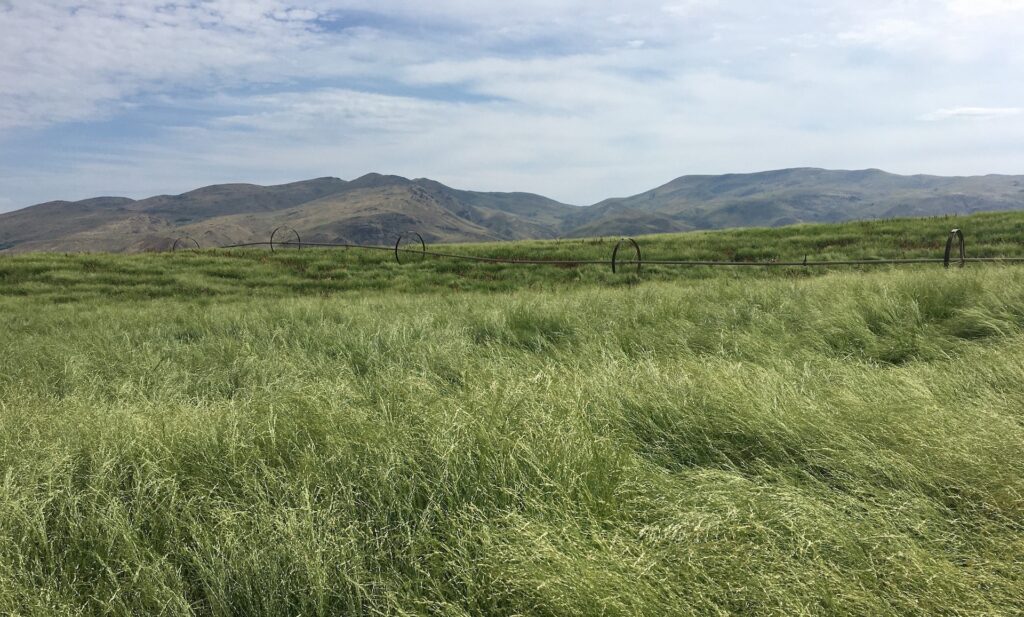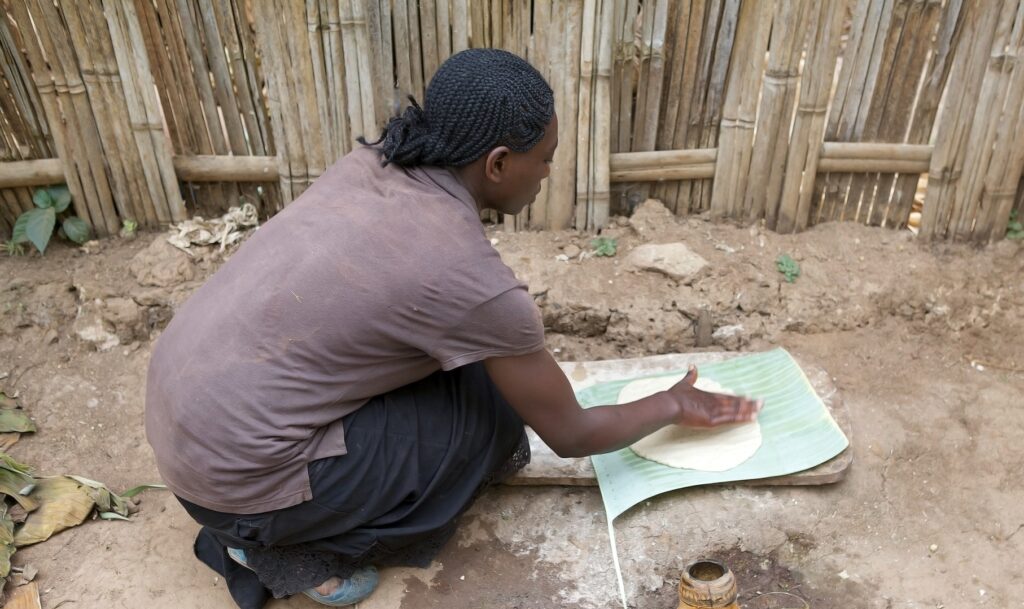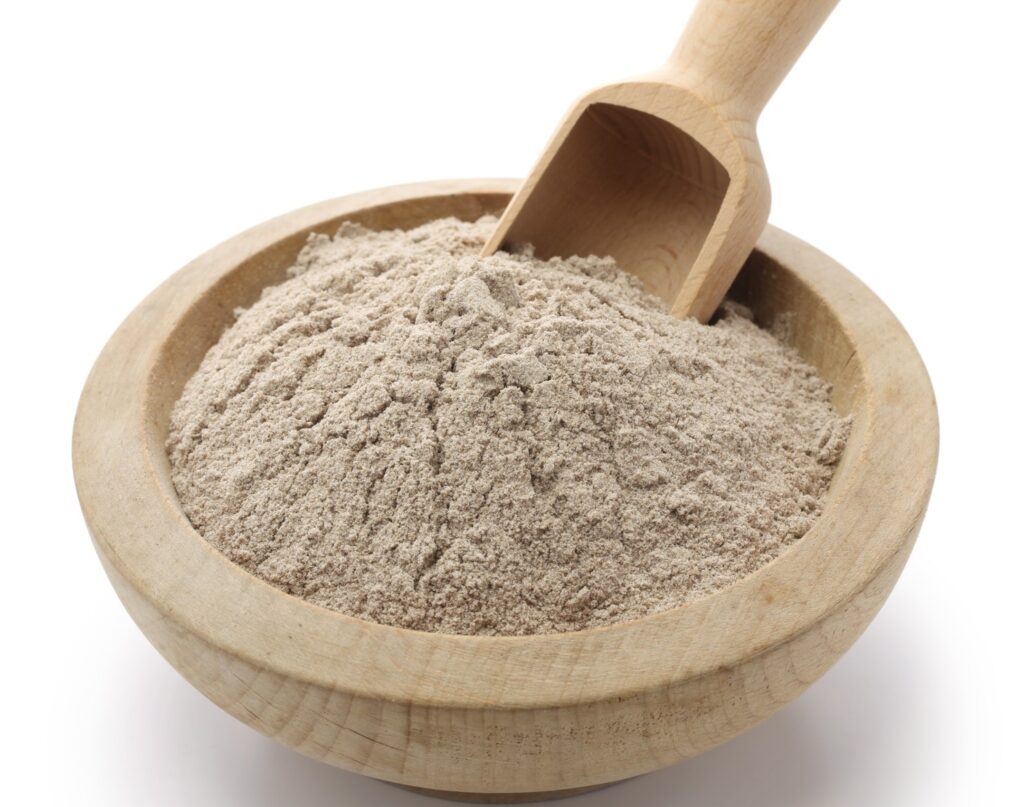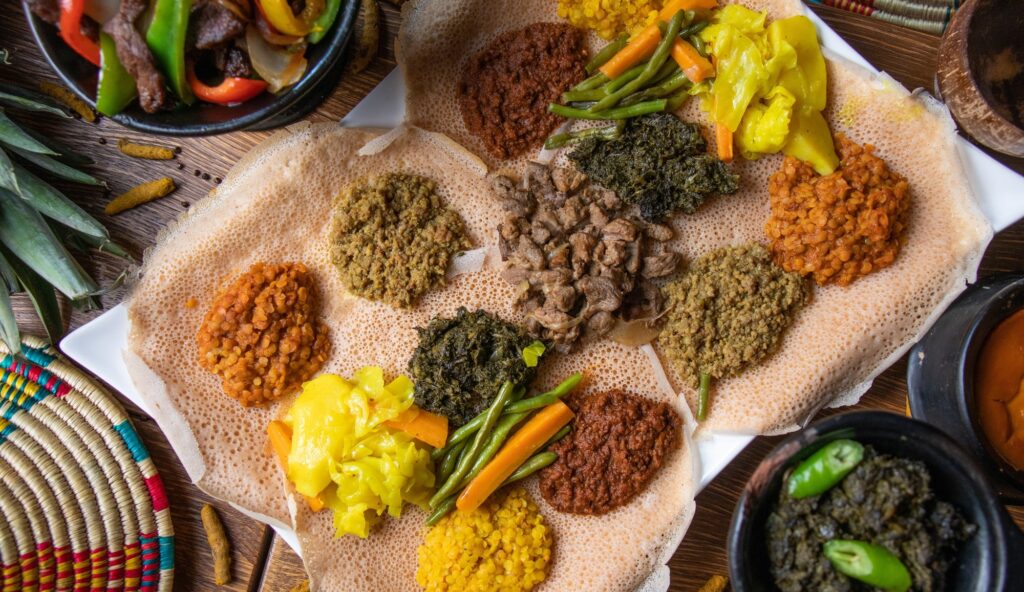A former Israel Defense Forces officer is determined to enrich the diet of the combat soldiers he once trained by revolutionizing the recipe for traditional Ethiopian flatbread he ate at home growing up.
Injera is a spongy, slightly sour flatbread made from the seeds of teff grass, a staple in the Ethiopian and Eritrean diet and native to both countries. It is eaten as a main meal and as an accompaniment to traditional dishes in both countries.
Teff grain is gluten-free and considered a superfood, due to its high iron and fiber content, as well as large amounts of minerals such as calcium, copper and zinc. Because it contains all of the essential amino acids the human body needs for cell growth, it is also classed as a complete protein.

But making the flatbread takes up to three days, due to a lengthy fermentation process that occurs when teff flour is mixed with water and left to stand.
And for Daniel Ishta, the amount of preparation time was an obstacle he had to overcome in his mission to get the flatbread into the hands – and the bellies – of the troops.
“In the army, you only eat garbage,” he tells NoCamels. Soldiers in the special forces and Air Force get better food and more of it, he says, which ironically should go to the combat troops who need it more and whose rations are considerably smaller.
“It made me feel both uncomfortable and that something logistically was not working properly, because it cannot be that the soldiers who most need the food are getting the least and the worst of it,” he says.

Ishta left the military after a number of years of professional service with the rank of captain. It was during his time training combat troops, he says, that he acquired extensive knowledge of food and nutrition.
Upon leaving the army, he decided to start making the traditional Ethiopian food he had eaten at home as a child.
“I grew up in an Ethiopian home and I wanted to eat Ethiopian food,” says Ishta, who arrived in Israel with his family at the age of three.
It was then that he was startled to discover that some recipes – including that for injera – can take days to prepare.
“I realized that it was complicated, impossible,” he says, marveling that the preparation methods for such a staple of the Ethiopian diet had never been modernized and improved.
On a trip to the Netherlands several years ago, he approached local Ethiopian and Eritrean restaurants to see if they had come up with a novel, faster way of making injera.
But one of the restaurant owners told him that there was “no choice” but to make the flatbreads using the old, slow method.

The restaurateur also told Ishta that the local Ethiopian and Eritrean communities made their own traditional meals at home and his client base was actually Asian and European diners.
“Eighty percent of the customers were neither Ethiopian nor Eritrean,” Ishta says, pointing out that there really is a broad market for the traditional dishes, including the flatbread.
Sign up for our free weekly newsletter
SubscribeIshta returned to Israel determined to develop a way to make instant injera that people could make for themselves at home on the griddle in order to enjoy the nutritional benefits of the bread.
“In countries where there is starvation or war, like Ukraine, people can eat injera and get enough nutrition for the body to survive,” Ishta says.
In fact, he argues, Ethiopian athletes are so successful partly because of the nutrient-rich diet they enjoy.
Back in Israel, Ishta established Top Teff in 2019 with co-founder Ronen Har-Nof of the Weizmann Institute of Science, and found a way to engineer a unique powdered formula from teff that when added to water makes injera within moments – without the three-day fermentation period.

The formula is the company’s “industrial secret,” Ishta says.
He explains that the powder can come in multiple flavors to create a versatile bread, and compares the ease with which the injera powder is used to the capsules that make coffee at home.
While once only found in Ethiopia and Eritrea, teff is today grown in the US, the Netherlands and South Africa. This, Ishta says, also shows that there is a demand for the grain and the foods made with it.
The company says that the global market for teff grew by more than 15 percent between 2018 and 2022 and its annual export from Ethiopia is currently worth around $15 million.
“It is like the Italians bringing pizza and the Mexicans bringing tacos to the United States,” he says. In fact, he explains, you can make both out of injera.
Top Teff was part of an acceleration program run by 8200 Impact, an organization founded by alumni of the Israel Defense Forces’ 8200 cyber intelligence unit, which works with startups offering solutions to social and environmental problems.
The startup is also in talks with several food companies in Israel to produce the teff powder on a large scale, something which Ishta says his tiny bootstrapped startup would struggle to finance. He is also eyeing the European market.
“I want to make a quality product,” he says.

In the meantime, he has realized his dream of making food for his former brothers in arms, with the help of supporters such as Israeli-American activist Shoshanna Keats Jaskoll and strategic advisor and angel investor Justine Zwerling.
“It’s market research,” he says. “People love it.”
Related posts

Rehabilitation Nation: Israeli Innovation On Road To Healing

Harnessing Our Own Bodies For Side Effect-Free Weight Loss





Facebook comments